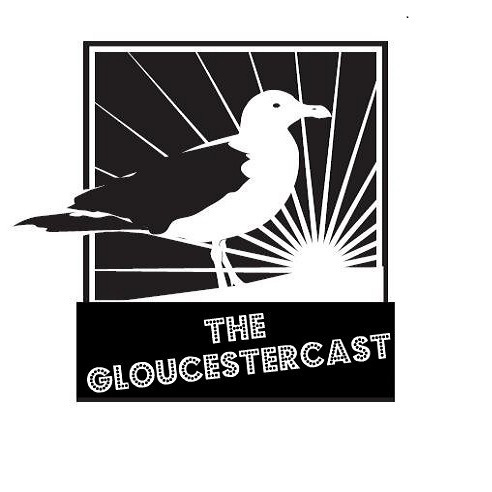
GloucesterCast With Peter and Vickie VanNess and Joey Ciaramitaro Taped 4/16/14
Topics Include: Gloucester MA, April 16 Snow, Peter VanNess, Vickie VanNess, Peter Lovasco Doing a Great Job With Cape Ann Weather, Bitstrips, Kevin Edson, Rice Cooker Hoax, Boston Strong, ACLU, Dog Leash Controversy, Bad Dog Owners,Beach Trash Barrels vs Carry In/Carry Out, Larcom Theater, UU Meetinghouse, Henri Smith, Jon Butcher Axis, Celebrate Gloucester, Red Tape For Community Events, Castleberry Fairs, Block Party, Jackie Hardy, Tourism, Fun Should Not Be Illegal, Gran Prix of Gloucester, Cyclocross, I4C2, Downtown Parking Is Not Bad if You are Willing To Walk One Block (Which Is Less Walking You’ll Do If You Park In A Mall Parking Lot and Walk Into The Mall), People That Will Drive In Circles 20 Times Unless They Get A Parking Spot On Main St vs Parking On Rogers or Middle St, Stitcher App, Cross Platform, BossJock App, Email Subscription Service Is Broken, Explaining Hyperlinks, Sister Felicia, Shalin Liu, Embedding A Video, Get Her A Muzzle.

Check Out Peter and Vickie At www.gimmelive.tv
The GloucesterCast Has Been Been Invited To Be A Station On Stitcher Radio On Demand!

Subscribe to The GloucesterCast Podcast by Email Free

